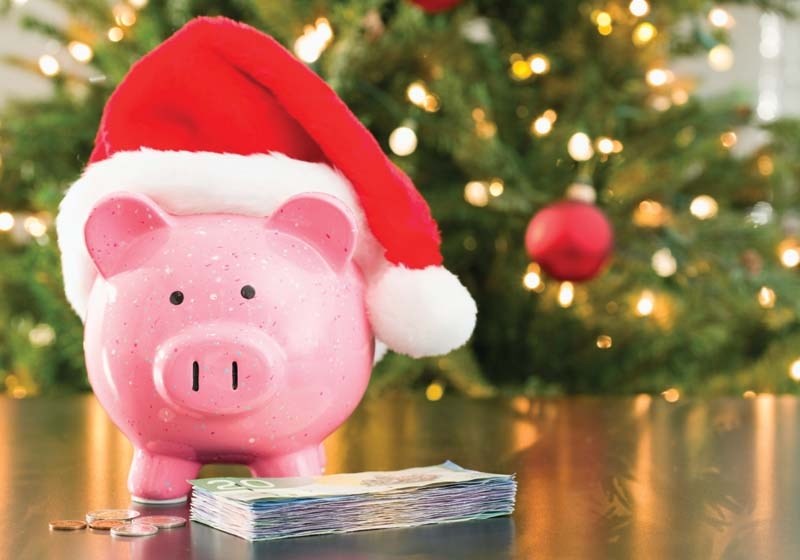The holiday season has long passed but late payments are still on people's minds. And while you may have to worry about spending less in the coming months, budgeting isn't necessarily the way of out of debt, says one St. Albert investment advisor.
Laszlo Szojka with D.W. Good Investments said he's seen many people create a budget but then fall back into spending what's in their account.
Instead, he suggests that they should start saving by putting a small amount (five to 10 per cent) of their income away every month and save up for big spending sprees, such as Christmas, ahead of time.
"What I see is people spend whatever is in their account no matter how much they make," he said. "If you don't put the five per cent away, people will spend what they have in their accounts."
Ideally, every person should set aside 10 per cent of his or her income to save up for retirement, Szojka said. But if debt is a problem, paying off your credit card should always come first as high interest rates can quickly accumulate if the card is not paid off by the end of the month.
After that, people should consider setting up a separate account to save up for next Christmas, and set a limit on how much should be spent on presents, he said.
"The goal should always be to pay off the credit card at the end of the month. If you are spending more there are other options," he said. "Your credit card can have a lower interest rate if you pay for it or you may have a line of credit at the bank and it's better to pay it off that way."
By setting money aside, people learn to get by with less by spending their money more wisely, said Szojka, adding that people will be surprised how much accumulates over the course of a few months.
"And if you are in trouble don't be afraid to approach a financial institution," he said. "If you had too much debt they rather you consolidate debt and have a payment plan, rather than not getting their money back at all."
Consumer debt in Alberta
While investment advisors like Szojka suggest that putting money aside is the best way to tackle debt, others suggest that budgeting can still go a long way – if you're dedicated.
"You need to have a clear picture of where you are currently with your finances before you can make a really informed decision," said William Akoto with Alberta Money Mentors. "So take a look at your income, investment, insurance, your assets, your debt and know exactly where you spend."
Akoto said consumer debt is a combination of confidence, income, borrowing, cost and credit. Albertans in particular tend to be overly confident in repaying their debt due to a busy job market and a strong provincial economy.
A recent poll by RBC Royal Bank revealed that the average debt of Albertans, not including their mortgage, is about $24,000. The rest of Canadians are – on average – about $15,000 in debt. During the holiday season, almost 55 per cent of Albertans were expected to overspend – mostly on presents.
What people don't consider is that economic downturns can come unexpectedly, and affect one's savings account and the local job market, said Akoto. And then there's also the possibility of unsuspected medical expenses and repairs to a home or vehicle, he said.
"You never know until it hits you or a relative or a loved one needs help and you need to pay for it," he said. "If your roof is leaking and you don't have money saved up you will have to rely on the bank or a lender and they give you whatever interest rate that sticks."
Other methods of saving
Akoto suggests using your credit card as little as possible and setting aside between three to four months of your net income as an emergency fund. If you lose your job you can rely on that money to get by, he said.
Keeping a budget can also create a better understanding of your spending habits, keep money organized and adjust spending behaviour, he said. He suggests paying most bills in cash, so you see more clearly where your money goes.
"When you use plastic you don't see it," he said. "When you pay whatever you are buying in cash, after that there is no more money left."




